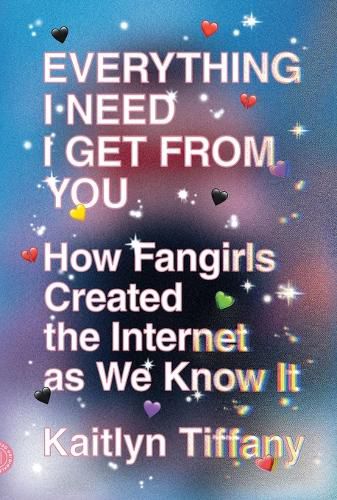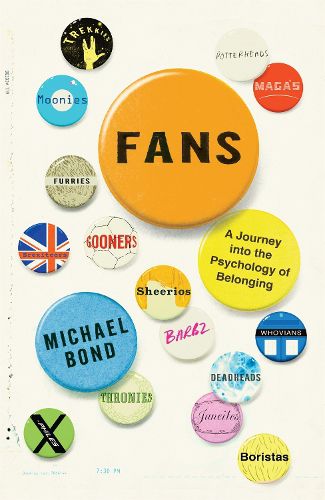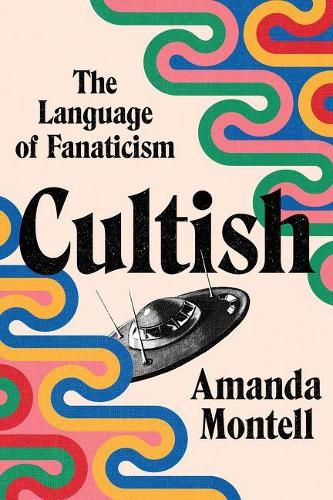Everything I Need I Get from You by Kaitlyn Tiffany
In Everything I Need I Get from You, Kaitlyn Tiffany, a staff writer at The Atlantic and a superfan herself, guides us through the online world of fans, stans, and boybands. Along the way we meet girls who damaged their lungs from screaming too loud, fans rallying together to manipulate chart numbers using complex digital subversion, and an underworld of inside jokes and shared memories surrounding band members’ allergies, internet typos, and hairstyles.
In the process, Tiffany makes a convincing, and often moving, argument that fangirls, in their ingenuity and collaboration, created the social internet we know today, effectively making One Direction the first internet boyband. Before most people were using the internet for anything, Tiffany writes, fans were using it for everything.
Monsters by Claire Dederer
What do we do with the art of monstrous men? Can we love the work of Roman Polanski and Michael Jackson, Hemingway and Picasso? Should we love it? Does genius deserve special dispensation? Is history an excuse? What makes women artists monstrous? And what should we do with beauty, and with our unruly feelings about it?
Claire Dederer explores these questions and our relationships with the artists whose behaviour disrupts our ability to apprehend the work on its own terms. She interrogates her own responses and her own behaviour, and she pushes the fan, and the reader, to do the same. Morally wise, deeply considered and sharply written, Monsters gets to the heart of one of our most pressing conversations.
Fans by Michael Bond
Fans takes the reader on a journey through a constellation of fandoms, and along the way demonstrates some fundamental truths about the human condition. Part behavioural study, part entertainment, at its heart the book is a story of collectives, of what happens to us when we interact with people who share our passions. The human brain is wired to reach out, and while our groupish tendencies can bring much strife (religious intolerance, racism, war, etc.), they are also the source of some of our greatest satisfactions.
In Fans, Michael Bond explores the subject through the lens of social identity theory, a set of ideas used by social psychologists and anthropologists to understand how people behave in groups and why groups have such a profound effect on human culture.
Cultish by Amanda Montell
What makes cults so intriguing and frightening? What makes them powerful? The reason why so many of us binge Manson documentaries by the dozen and fall down rabbit holes researching suburban moms gone QAnon is because we’re looking for a satisfying explanation for what causes people to join – and more importantly, stay in – extreme groups. We secretly want to know: could it happen to me? Amanda Montell’s argument is that, on some level, it already has.
Our culture tends to provide pretty flimsy answers to questions of cult influence, mostly having to do with vague talk of brainwashing. But the true answer has nothing to do with freaky mind-control wizardry or Kool-Aid. In Cultish, Montell argues that the key to manufacturing intense ideology, community, and us/them attitudes all comes down to language. In both positive ways and shadowy ones, cultish language is something we hear-and are influenced by-every single day.





